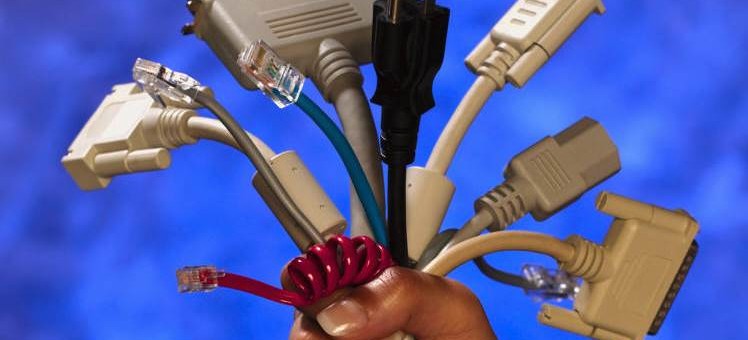You know how important it is to lock your front door when you leave the house. But do you lock down your business-critical information the same way? Ensuring your network security and other factors are up to scratch to ensure you are adequately protecting your business data is vital, because if you don’t you’re pretty much letting them walk through the front door. So, each time you log on to your computer, check email, or even browse the web, your network is exposed to malicious hackers and possible disgruntled employees. Here are a few network security tips you can use to help keep your network safe. There are other ways you could help to protect your business network from hackers, especially if you store customer data on your network. This could be solved using vulnerability management methods such as pentesting. However, some businesses don’t take the extra precaution due to the cost – see penetration testing cost to learn more.
First, require a STRONG password for everything! It may seem obvious, but it’s an easy way to protect important data. A strong password is not 123456. Strong passwords are at least eight characters long and include numbers and symbols. As a business owner, it can be tempting to give out passwords to employees, but it’s essential that you keep it to yourself or a select few. If all employees have access to your business’s sensitive files, they can pose a threat. A disgruntled worker can read, share, or even delete sensitive documents. It’s vital that only those who need certain files have access to those files. Some software installations or preferences require a password. An employee with the system administrator password and not as savvy as some users, can inadvertently do some system damage or expose your entire network to malware and viruses.
Another important step to take to protect your network is to keep your antivirus up to date, both the engine and subscription. Why? has two parts: the definitions, which include the latest viruses that change every day and the engine that those definitions use to scan your computer. For maximum business network security, the anti-virus software has to be updated regularly. Otherwise the software is only protecting your network from viruses known at the time of installation. Keep track of the software’s expiration date and renew when necessary. In addition to the antivirus, it’s also worth the company getting some proxies too. By visiting free-proxy-list.net, companies can secure their businesses by preventing websites from seeing their location. They can also prevent employees from visiting websites that they shouldn’t be on. This can keep the business safe.
Additionally, think about adopting an email/phone policy. Almost everyone receives email on smartphones today. But what happens if an employee is let go or lose the phone? Now your company email is at risk. It’s important to develop a policy on what to do in these situations. Perhaps think about asking employees to report a lost phone so that the phone can be bricked (locked down remotely). Employees may need to sign an agreement stating they understand policy. Also consider what to do when an employee is fired. Will ask for their phone and delete the account, or completely wipe the account. An email policy can help ensure that your business stays your business rather than a thief’s or a former employee’s. Still need help figuring out what IT software is best for you? There are hundreds of companies to choose from such as hansel test management software. Do your research and find the best software for your business.




